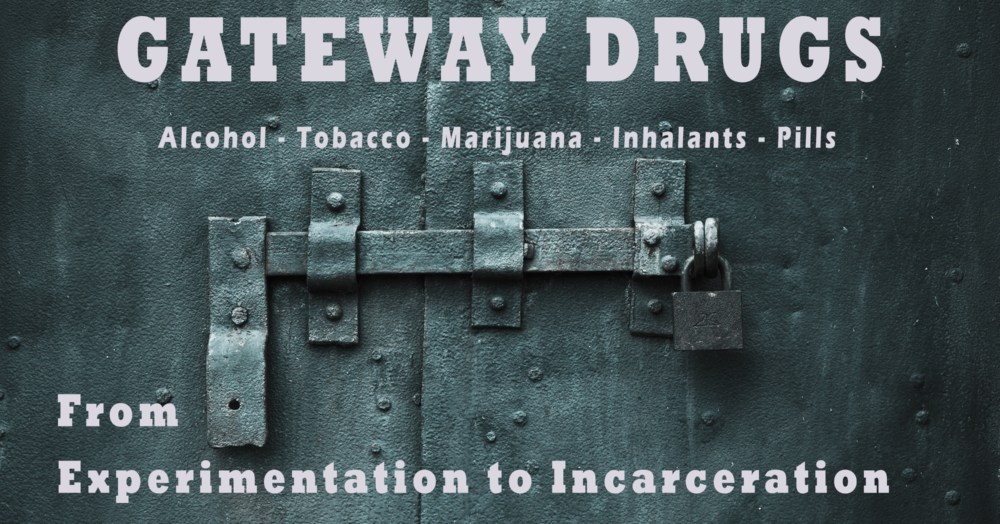In the journey toward sobriety, building a sober social circle can be instrumental in maintaining recovery and achieving long-term success in overcoming addiction. While professional treatment and therapy play crucial roles, the camaraderie, understanding, and encouragement found within peer groups can provide unique benefits that foster resilience and growth.
Peer support involves individuals with similar experiences coming together to provide mutual assistance, encouragement, and guidance. Peer support groups offer a safe space where you can share your struggles, successes, and strategies for maintaining sobriety. These groups can take various forms, including 12-step programs like Alcoholics Anonymous (AA), SMART Recovery, and other community-based support networks.
Benefits of Building a Sober Social Circle:
1. Shared Understanding and Empathy: In a sober social circle, you can relate to each other’s experiences without fear of judgment or stigma. This sense of camaraderie fosters trust and creates a supportive environment where you feel heard and understood.
2. Accountability and Motivation: Knowing that others are facing similar challenges and rooting for each other’s success can inspire you to stay committed to sobriety goals. Peer support groups often set personal milestones, celebrate achievements, and offer encouragement during difficult times, reinforcing your resolve to stay sober.
3. Learning and Growth: You have the opportunity to learn from each other’s experiences and gain valuable insights into coping strategies, relapse prevention techniques, and effective recovery tools through educational sessions, guest speakers, and sharing sessions.
4. Building Healthy Relationships: It allows you to establish healthy and meaningful relationships based on mutual respect, trust, and support. Unlike social circles centered around alcohol or substance use, sober peer groups prioritize positive activities, shared interests, and personal growth, fostering genuine connections that contribute to overall well-being.
Tips for Building a Sober Social Circle:
1. Join a support group such as AA, SMART Recovery, or a similar community-based program.
2. Engage in sober activities and events that align with your interests, whether it’s sports, arts and crafts, hiking, or book clubs.
3. Explore online forums, chat groups, and social media platforms dedicated to sobriety and recovery. These virtual communities offer support, encouragement, and a sense of belonging, especially for those unable to attend in-person meetings.
The power of peer support in building a sober social circle cannot be overstated. By connecting with individuals who understand the challenges of addiction recovery firsthand, individuals can find strength, inspiration, and hope on their journey to sobriety. Through shared experiences, accountability, and mutual encouragement, peer support groups empower individuals to embrace a sober lifestyle, cultivate healthy relationships, and achieve lasting recovery.
*Sources:*
1. National Institute on Drug Abuse. “Principles of Drug Addiction Treatment: A Research-Based Guide (Third Edition).” 2018.
2. Substance Abuse and Mental Health Services Administration. “Recovery and Recovery Support.” 2020.
3. Moos, R. H. “Active ingredients of substance use-focused self-help groups.” Addiction, 2015.
4. National Institute on Alcohol Abuse and Alcoholism. “Treatment for Alcohol Problems: Finding and Getting Help.” 2014.
CJ Crawford
DrugFree Greenville
Public Education Committee
